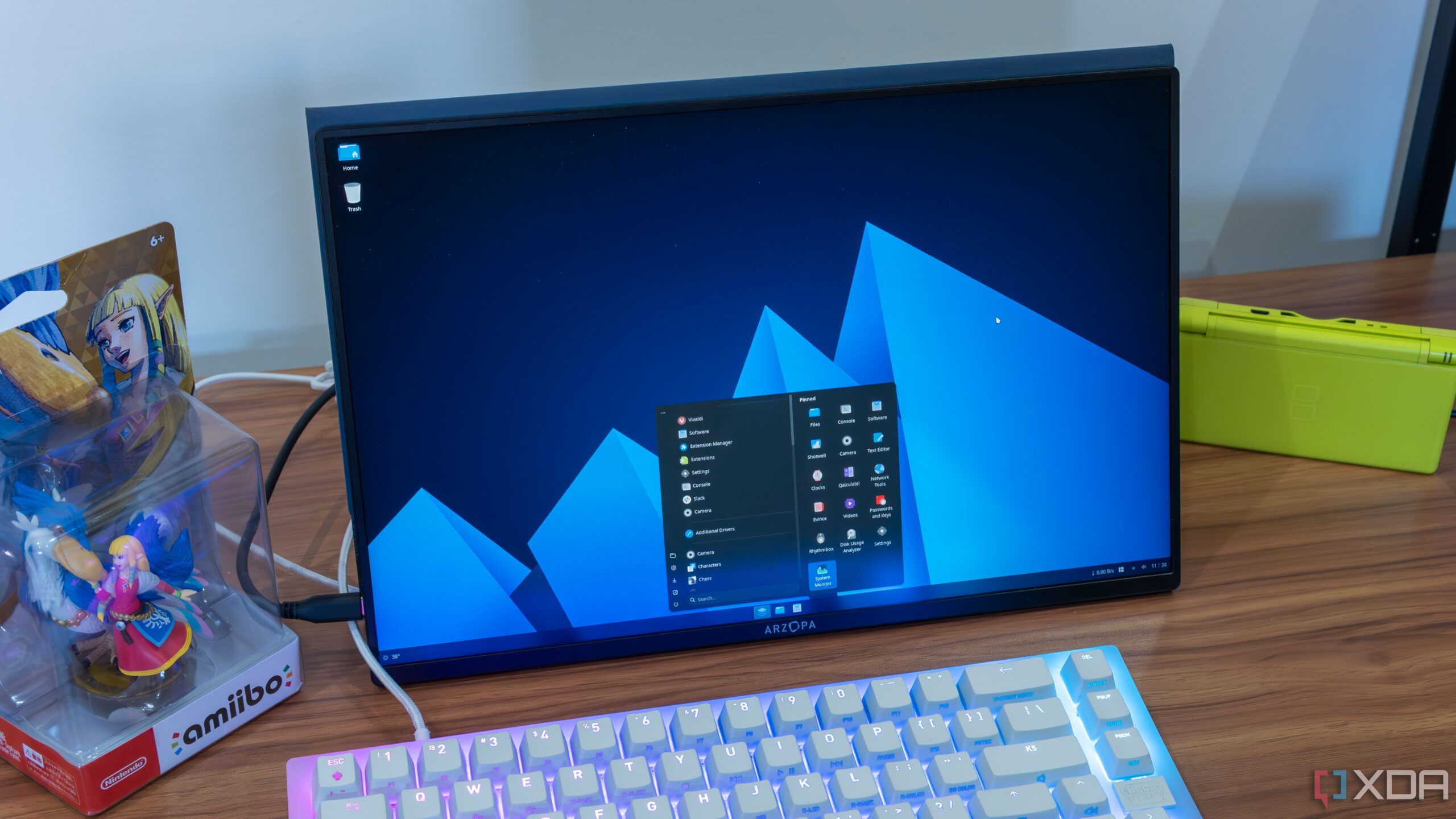URGENT UPDATE: Microsoft faces mounting pressure to enhance customization options in Windows 11, a feature that many technology enthusiasts argue is vital for user satisfaction. As users increasingly explore alternatives like Linux, the demand for more adaptable desktop environments is growing rapidly.
New reports highlight that Linux’s flexibility, particularly its diverse desktop environments, sets it apart from Windows. These environments allow users to significantly tailor their experience, creating unique interfaces that can feel like entirely different operating systems. In comparison, Windows 11 offers minimal customization, leading to frustration among users who crave a more personalized computing experience.
Just announced findings reveal that Linux users can switch between desktop environments, such as GNOME, KDE, and Cinnamon, to drastically change the look and feel of their systems. Screenshots from popular distributions like Ubuntu illustrate how these environments alter everything from taskbars to app interfaces, making the operating system feel fresh and engaging.
In stark contrast, Windows 11’s customization options are largely restricted to superficial changes, such as taskbar colors and the arrangement of Start menu items. Users have expressed disappointment that significant alterations require third-party software, which often lacks Microsoft’s official support and can lead to compatibility issues.
“Windows is so locked down,” lamented one user. “The customization ecosystem is fragmented and cumbersome.” While developers have attempted to create alternative interfaces like Seelen UI and Cairo Shell, these solutions do not offer the same level of freedom found in Linux.
The urgency of this issue is underscored by the growing community of users migrating to Linux for its superior customization capabilities. As Microsoft continues to lag behind in this area, the conversation around user empowerment and personalization is intensifying.
What’s next? Tech analysts predict that unless Microsoft embraces a more flexible approach to desktop environments, it risks losing users to alternative operating systems. With more individuals exploring Linux as a viable option, the pressure is on for Microsoft to innovate and adapt.
As the discussion evolves, experts urge Microsoft to consider the benefits of a more open user interface, allowing users to customize their experience extensively. Will we see changes in future updates? Time will tell, but the call for a more adaptable Windows is louder than ever.
Stay tuned for updates as this story develops.
